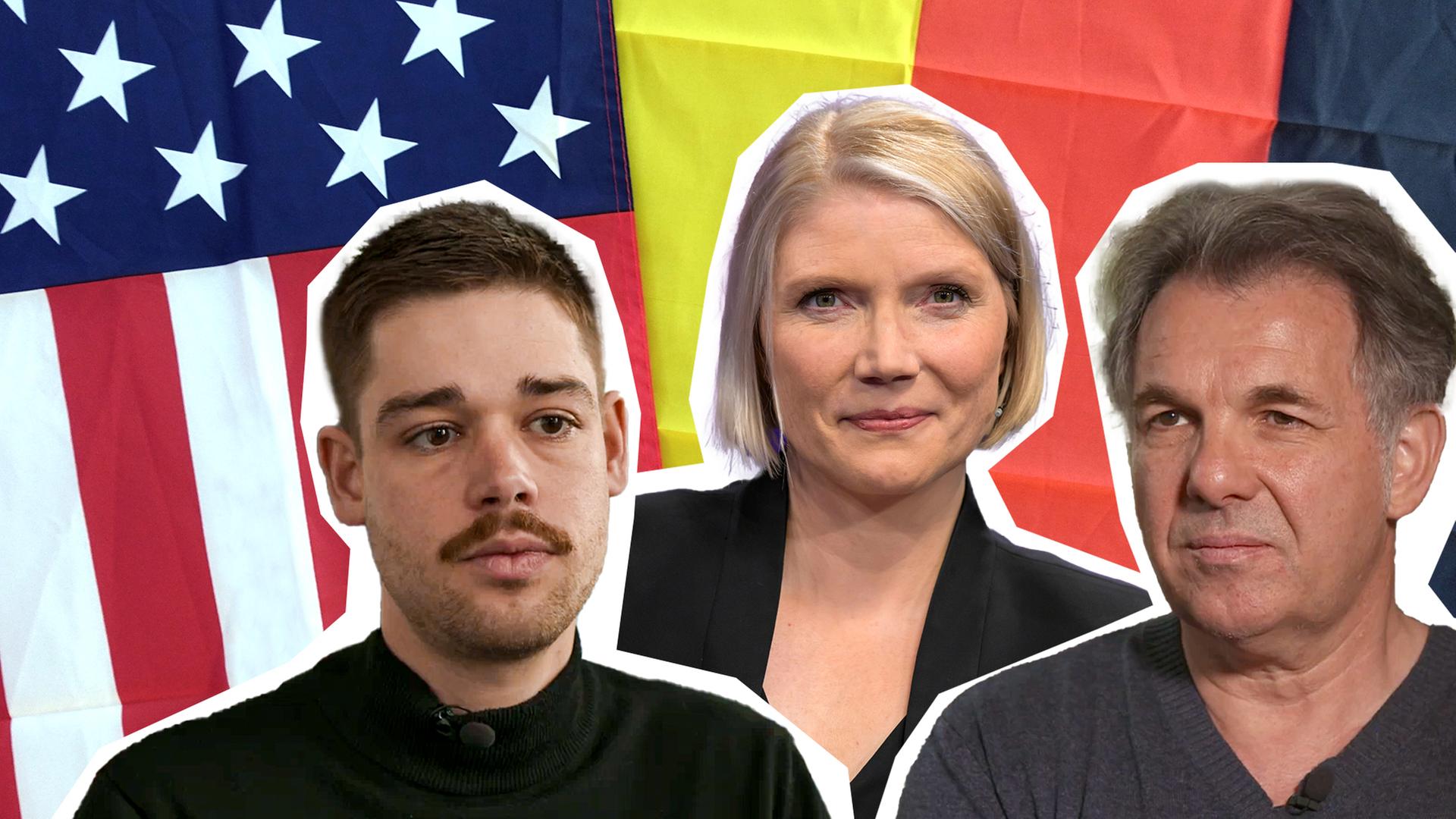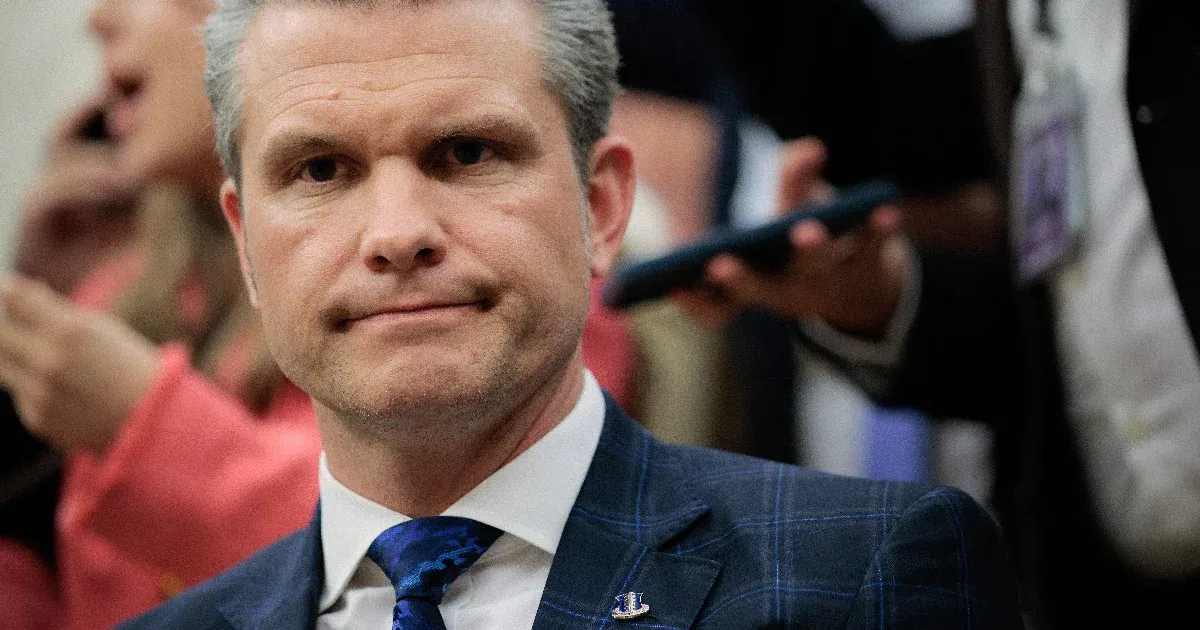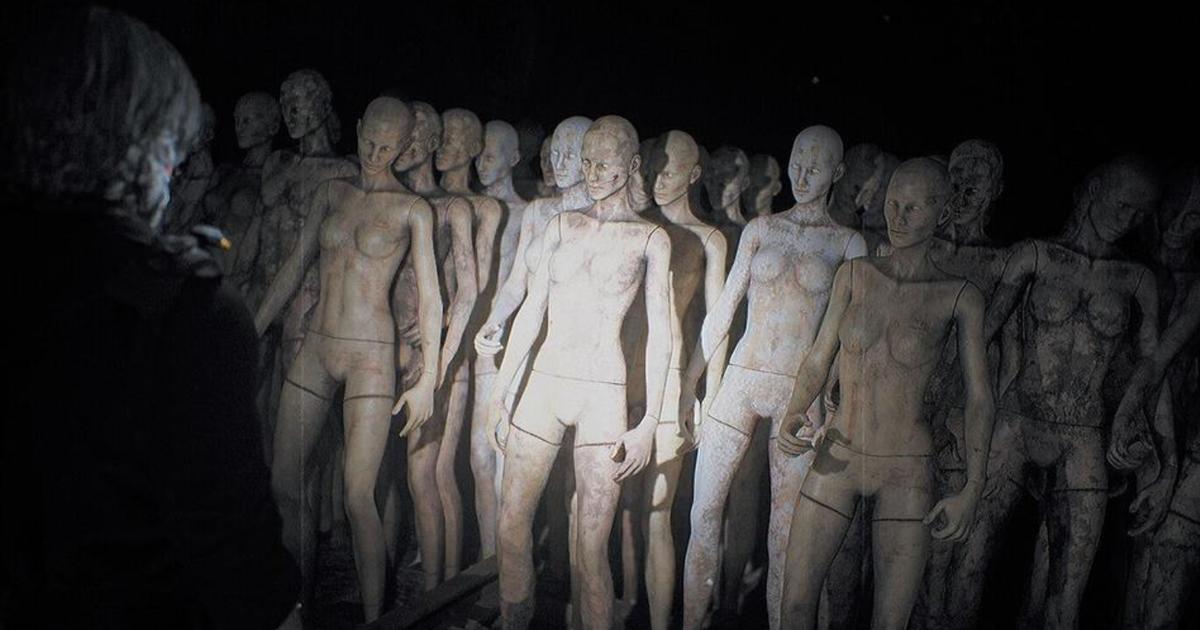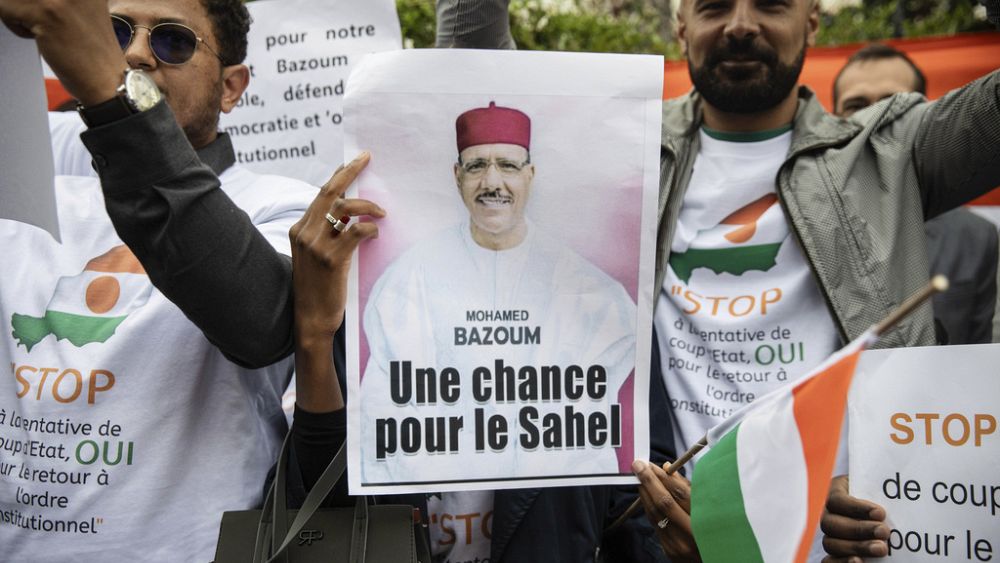Muhammad Bazoum, who has been forced into house arrest, cannot communicate with the outside world, and his food supply is the current stock of food in his home.
Although the president of Niger, overthrown by a military coup, is under house arrest, the UN Secretary-General, the United States and the leadership of many countries are concerned about the conditions of his detention. Despite the fact that Muhammad Bazoum assumed the position of president through legitimate elections, in a democratic manner, the military council does not currently provide him with enough to maintain contact with the outside world and receive proper patronage.
According to reports, even basic care in house arrest has not been resolved for Bazoum, and according to the UN, he is trying to survive an uncertain period of his house arrest in squalid conditions. The ousted president and his family have not been able to communicate with the outside world since Friday, and their home has not been provided with electricity and food continuously. Local reports say that they are currently solving their food problem with the non-perishable foods they have.
According to the American news site CNN, the president, who was overthrown in a coup, is guarded by soldiers and is only allowed to eat cooked noodles and rice. According to their source, Bazoum wrote to his friend in a series of letters that “since Friday, he has been cut off from any human contact,” so no one can bring him food and medicine.
Based on all this, on Thursday, the Secretary-General of the United Nations, António Guterres, expressed his concern about the conditions of house arrest, and demanded the immediate and unconditional release of Mohamed Bazoum. The United Nations has already condemned the conditions of detention in a statement on Wednesday.
The US State Department spokesman expressed Washington’s concern about the status of the President of Niger: “We are very concerned about his health, his personal safety and the personal safety of his family.”
The Economic Community of West African States (ECOWAS) has given Niger’s coup leaders until Sunday to resign.
In international diplomatic circles, it was believed in the early days of the coup in Niger that ECOWAS might have the greatest influence. During this period, the leaders of the ECOWAS countries meet in Nigeria to decide what the next step should be.
President Mohamed Bazoum was replaced on July 26, and the two weeks that have elapsed since then show how difficult it is to resolve the situation through diplomatic means alone.
The United States and France operate military bases in Niger as part of operations to suppress jihadist groups active in the region. Niger became the main base for French forces after they were asked to leave Mali in the wake of the coup.
This week, Nigeria’s military junta rejected proposals for international mediation. On Wednesday, the former colonial power accused France of trying to destabilize the country and violating its airspace, which Paris denies.
A Nigerian government official said the military command met representatives of Nigerian President Polo Tinubu in Niamey on Wednesday. Tinubu is also the direct leader of the Economic Community of West African States (ECOWAS).
The former Emir of Kano State in northern Nigeria, Sanusi Lamido Sanusi, announced on Nigerian state television that he was in Niger on Wednesday, “spoke with General Abdirahman Tiane, the head of state” and would return with a “message” from the general. To President Tinubu.
“We have returned with the hope that our arrival will pave the way for real negotiations between the leaders of Niger and Nigeria,” the former emir added, stressing that he is “not an envoy of the government.”
At the start of the ECOWAS summit, Nigerian President Bola Tinubu said diplomacy was the best way to resolve the conflict, but he did not rule out possible military intervention.
The Niger Party for Democracy and Socialism (PNDS-Tarayya), in a statement, called for a national mobilization to save the president and his relatives.
The former French colony has been ruled since 2021 by its first democratically elected president, Mohamed Bazoum. Since its independence in 1960, the vast and impoverished desert nation has experienced four coups and numerous coup attempts. On March 31, 2021, two days before the inauguration of the Head of State, the Nigerian authorities had already blocked an attempt to take military power against Mohamed Bazoum.











































